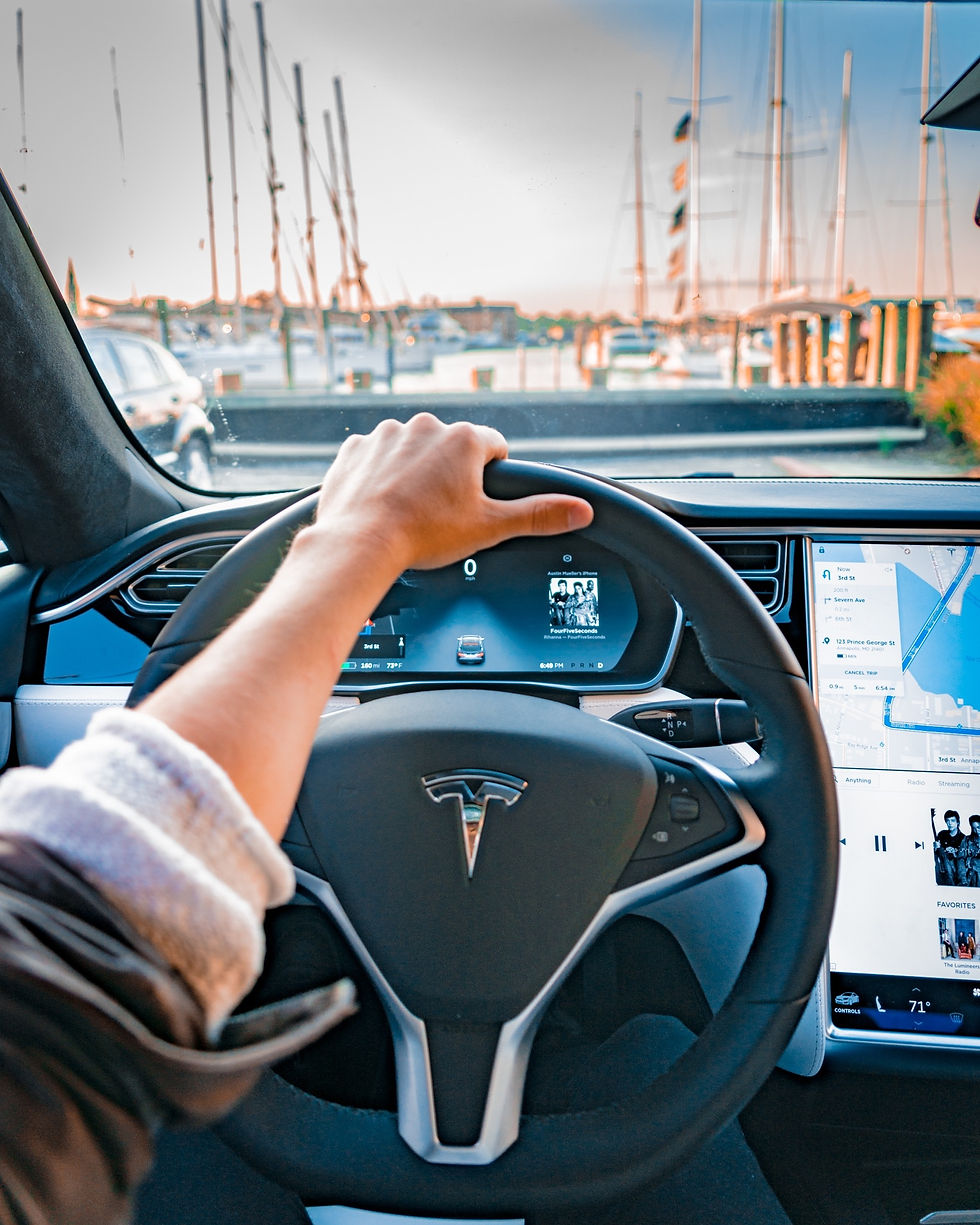On UBS, UBI and Silicon Valley
- Ann Pettifor

- Feb 10, 2022
- 3 min read
Martin Sandbu of the Financial Times echoes Silicon Valley titans by calling for a Universal Basic Income. In a lengthy video broadcast from the bully pit that is the FT’s huge audience Sandbu deals with some of the arguments against UBI, but leaves the most important – the unsustainable cost to the state – to the last. He also dodges the amoral reasoning behind the advocacy of UBI by some of the world’s wealthiest monopolists
To understand why UBI is so popular with them, we need to understand the scorched earth business model developed, exported and globalised by Silicon Valley’s hyper-capitalism. It is built on Walmart’s business model, one perfected on a global scale by Amazon. Move your business into town, cut prices until you bankrupt all the competition, and then sit back and wait as SMEs fail and workers are sacked. You then have a monopoly over the town and can proceed to fix all prices, wages and rents, worsen working conditions while multiplying profits. It worked for Walmart, and is working for Amazon, Google, Uber and Tesla – at a global level.

At the level of the US economy it is a scorched earth strategy because ultimately Walmart strips the town of spending power, which in turn hurts profits and limits tax revenues. It’s a consequence of the business model played out over the last ten years as US wages stagnated, productive (as opposed to speculative) investment in infrastructure declined, and the economy failed to recover from the Great Financial Crisis of 2007-9.
Small and medium-sized enterprises (SMEs) and other corporates borrowed to keep up production and stay in the game. Increasingly indebted households borrowed to top up wages and afford a basic standard of living. Both strategies led to a mountain of private debt that once again threatens to destabilise the economy as interest rates rise.
The global model also has environmental consequences because the build-up of excess production relative to falling purchasing power worldwide has led to the build-up of gluts and surpluses.
Silicon Valley’s rich are not deterred by those potential downsides. They have simply doubled down on the Walmart model. But with two important differences. Whereas Walmart sells tangible stuff – food, clothing, white goods – Silicon Valley sells intangibles. Or more precisely Silicon Valley oligopolists collect rents on intangible digital assets like software, brands, patents, licenses.
There are other differences between these monopolists. Whereas Walmart fixes prices by destroying any competition, its prices are still subject to the vagaries of supply and demand. Not so for Silicon Valley. The ‘prices’ or rents on their intangible products are protected by a) the taxpayer-funded criminal justice system for upholding intellectual property rights and b) the trade policies of governments. (Governments increasingly worry more about inter-state competition harming the interests of their home-grown mega-corporates (think Apple and Tesla) than about competition between domestic producers.)
So Bill Gates’s Microsoft for example, collects annual rent on the sale of every single piece of Microsoft software, and, unlike local tomato farmers, has the price and collection of that rent enforced by the long arm of the US state’s powerful intellectual property laws.

This is hyper-capitalism: automated wealth extraction without the hassle faced by the tomato farmer selling into local markets – that is, without the stress of risk-taking, investment, job-creation and marketing.
This hyper-capitalism more closely resembles Soviet-style capitalism. And like the old Soviet bureaucrats, Silicon Valley elites ensure that its massive profits are siphoned upwards to the few, entrenching obscene levels of inequality both in California and worldwide.
Now to be fair to the region’s fabulously wealthy elites, they, like concerned journalists on the Financial Times, worry
about the social consequences of impoverishing workers, stripping citizens of the right to work and fuelling inequality. Which is why tax-dodging billionaires like Elon Musk share Martin Sandbu’s attachment to Universal Basic Income.
But we should not be fooled. UBI will help maintain workers as consumers but will enslave them to the vast oligopolies that now span global markets. It will be financed by those taxpayers unable to move capital across borders to dodge the tax authorities. And it will help keep wages – and therefore purchasing power – low. All of which will further erode the government’s tax base – and threaten the affordability of UBI.
To empower workers and consumers; to end inequality and restore balance between the 1% and the 99%; to maintain social and economic stability, governments must invest in universal basic services (UBS) for one and all as part of a Social Guarantee.
And yes, the Financial Times can help - by offering a bully-pit to advocates of UBS.
Ann Pettifor is a political economist, author and public speaker. She is also a member of the Social Guarantee advisory board.



Comments